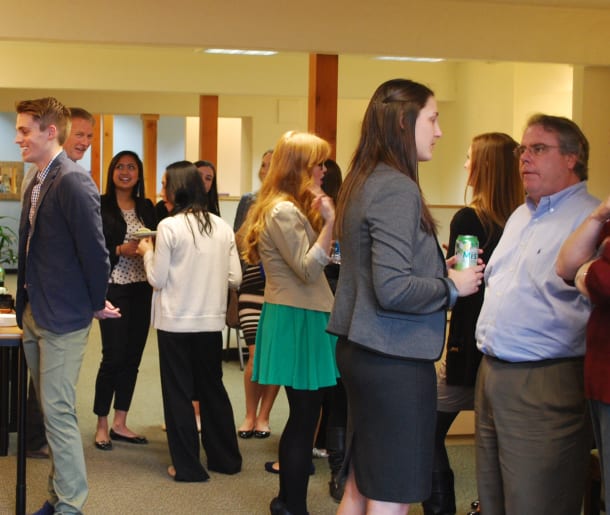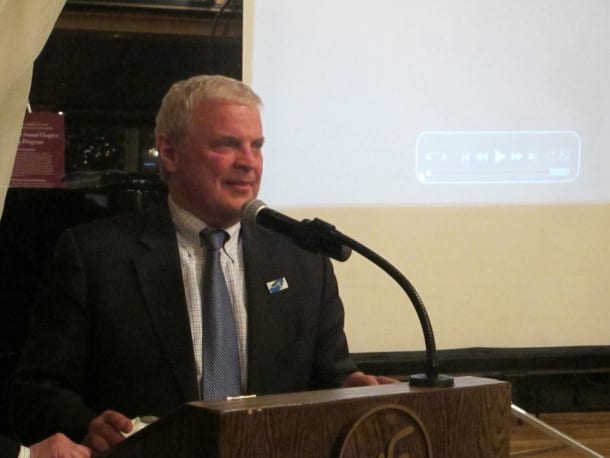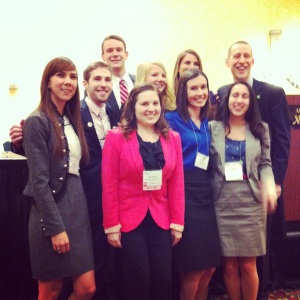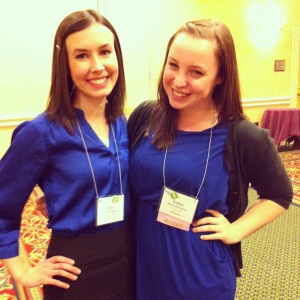“In Alabama, you can’t be for both. You have to choose. It’s either Alabama or Auburn. And once you choose, you are branded for life.” – Unknown Auburn fan
“Personnel? That’s for assholes!” – Clint Eastwood as Inspector Harry Callahan
“I was in Personnel for 10 years.” – Bradford Dillman as Captain Jerome McKay
(Long pause)
“Yeah.” – Harry Callahan
Recently, a fellow public relations graduate school classmate was excited about her prospects of landing a position with Intel Corporation. The only problem was the job was in Human Resources (with all due respect to those in HR).
I couldn’t help but immediately think about Dirty Harry’s reaction about being reassigned to “Personnel” in the 1976 feature film, “The Enforcer.” This point is amplified by his one-syllable response to Captain McKay informing him about his 10-year tenure in what we now label: Human Resources or HR.
My serious concern for my academic colleague had absolutely nothing to do with the largest semiconductor company in the world, Intel, but the position itself. Instinctively, I took into account that jobs are precious in this lethargic economy, even at a time in which we are celebrating the nation’s unemployment rate “declining” to 7.7 this past November as more-and-more job seekers give up the hunt.
In particular, I urged caution to her about inadvertently heading down the path to pigeonholing. She could record 10 years in human resources and suddenly come to the realization that she is permanently dropped into the lethal “HR” bucket. If she subsequently wanted to shift her career back to public relations, marketing, advertising etc. — what she actually studied as an undergraduate and in grad school — she may find the doors closed for her because she is now permanently branded as a “HR” professional, similar to “The Evil Director of Human Resources, ‘Catbert,’” in the Dilbert cartoons.
Another example is one of my students, who was saddened that he lost out for a retail management trainee job for Macy’s. This may have been a blessing in disguise unless he really wanted to spend his life in retail, which very well could have been the result if he was “successful” in attaining this particular job.
The point of this epistle is that we live in an increasingly demographic world and there is no going back. Think about how everyone is worshipping at the altar of Barack Obama political guru David Axelrod because his team correctly projected that 72 percent of the electorate would be composed of white voters…a number too low to elect Mitt Romney.
The exercise was to identify single women, African Americans, Hispanics and young voters and target the GOTV campaign (Get Out The Vote) to these demographic groups in their respective buckets. Some of this segmentation is obvious: Males and females; married or single: young or old. And someone is always dividing and subdividing each subgroup into tiny slivers to determine buying and behavior patterns for political or monetary gain.
From the Census to Facebook, we are compulsively segmenting people whether we like it or not (e.g., privacy advocates). From the Spartans to the Athenians, the Hatfields to the McCoys, the North and the South, Red States and Blue States, Israelis and Palestinians, we have a long history of putting people into groups. In Alabama, it is the red and white of the Crimson Tide or the blue, orange and white of the Auburn Tigers. There is no straddling the fence in ‘Bama.
To many Sean Connery will always be James Bond. Simon Cowell will be the absolutely brutal talent judge on American Idol. Simon Bond will always be the guy who wrote, 101 Uses for a Dead Cat. Reportedly, his subsequent books on any other subject were not accepted…he was always the “Dead Cat Guy.”
So does someone specifically trained in the verbal, written, digital media and communications choreography skills of public relations want to wake up one day and ask: ‘How did I become saddled in Human Resources?’ I am fearful that the lousy economy of today may result in some very painful and for the most part irreversible results a decade or more from now.
Should a graduate turn down a “position” in this crummy economy to avoid the dreaded pigeonhole? Or should that same graduate take a “job” to keep food on the table and gas in the tank, while continuing to search for the position that fits her or his career? This is a difficult predicament. And in many ways, it is an easy answer.
Choosing between Auburn and Alabama is tougher.
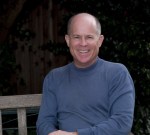 A huge thanks to Kevin Brett, UO School of Journalism and Communications faculty member, for this guest post. Visit him at (Almost) DailyBrett Blog or Twitter (@kevinmbrett).
A huge thanks to Kevin Brett, UO School of Journalism and Communications faculty member, for this guest post. Visit him at (Almost) DailyBrett Blog or Twitter (@kevinmbrett).




